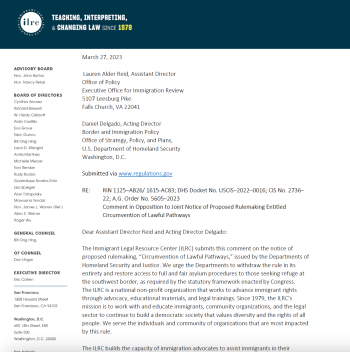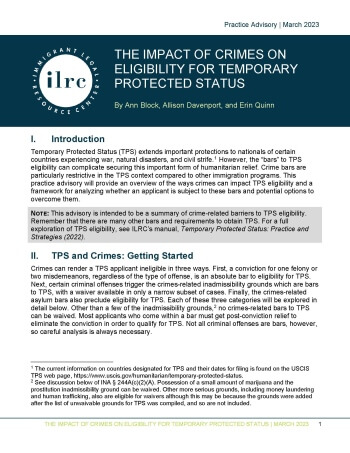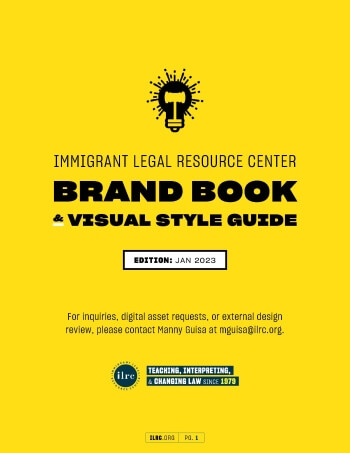
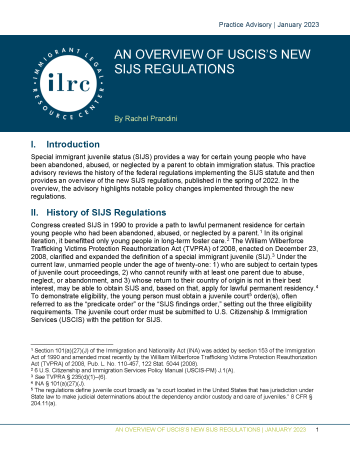
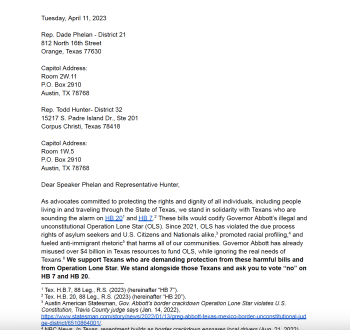
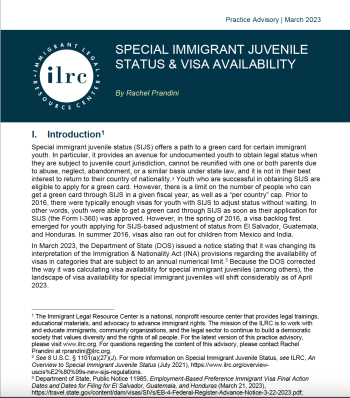
2024 Phillip Burton Immigration & Civil Rights Awards

We’re Looking Forward to Seeing You at the 2024 Burton Awards!
The Immigrant Legal Resource Center was honored and proud to celebrate our 2024 Phillip Burton Immigration & Civil Rights Awards on Thursday, May 23, 2024. The ILRC welcomed almost 300 guests to the Hotel Nikko in downtown San Francisco to celebrate the achievements in the immigration law and immigrant rights fields and to laud the impact of our 2024 Phillip Burton Immigration & Civil Rights honorees.
You can still support the work of the ILRC and the 2024 Burton Awards by visiting the ILRC’s donation page here.
We look forward to seeing you again in May 2025.
This year, the ILRC proudly honored the following recipients:

The ILRC was delighted to honor the outstanding and impactful work of the African Advocacy Network (AAN) with the 2024 Phillip Burton Award for Advocacy. AAN is a San Francisco-based nonprofit founded in 2009 to serve the growing Diaspora of African and Afro-Caribbean immigrants. AAN provides immigration legal services, case management, and social integration services based on a unique Cultural Brokering model.
AAN couples these programs with experienced and trained linguistic capacity in more than ten languages that span the African continent.
Driven by their desire to serve vulnerable refugees and immigrants, AAN acts in collaboration with community partners, individuals, faith-based groups, and advocates to amplify their impact to ensure the equity of all voices and sustain their mission.

Hillary Ronen was elected to the San Francisco Board of Supervisors in November 2016, representing District 9 – the Mission, Bernal Heights, and Portola neighborhoods in the southeastern section of the city. Supervisor Ronen is a graduate of UC Berkeley School of Law. As an attorney, her practice focused on worker rights and immigration law at the San Francisco nonprofit law firm, La Raza Centro Legal. As Supervisor, Hillary has authored scores of impactful legislation including Mental Health SF – legislation creating a system of care for individuals suffering from mental illness or drug addiction disorder, the Student Success Fund to prompt and fund innovative interventions to eliminate the opportunities gap at SFUSD public schools, and the Office of Sexual Harassment and Assault Response and Prevention (SHARP) to improve systems that have historically failed survivors of sexual assault and rape. Finally, Hillary is perhaps most proud of ushering in over 2800 units of permanent affordable housing in District 9 throughout her tenure.

Congressman García is an immigrant and as a member of Congress representing the Fourth Congressional District of Illinois, a community that is over one-third foreign born, Immigration is an issue of great personal importance to him.
He champions the New Way Forward Act and has been a tireless partner with the ILRC, the Immigrant Justice Network (IJN), and its partners to build support for this legislation and be a strong voice for restoring the fundamental principles of due process to keep families together and dismantle the prison to deportation pipeline. He has also advocated for holding agencies like Immigration and Customs Enforcement (ICE) and Customs and Border Protection (CBP) accountable.
Throughout his career, Congressman García has been a progressive voice, both as an organizer and as a legislator, fighting to improve the lives of his working-class neighbors, many of whom are immigrants like him. He is a coalition builder committed to expanding access to quality education, affordable housing, and economic opportunity.
Congressman García was born in Los Pinos, a small village in the Mexican state of Durango. He came to the United States with his family 1965 with permanent resident status, to join his father who worked in the fields during the bracero program and later in a cold storage plant in Chicago. He still remembers his first American meal: a bologna sandwich from a roadside diner in Texas.
Congressman García and his wife Evelyn live in Chicago’s Little Village neighborhood. They have three adult children and six grandchildren.
If you have any questions about the 2024 Burton Awards or the upcoming 2025 Burton Awards, please contact Cynthia Tirado Housel at chousel@ilrc.org.
